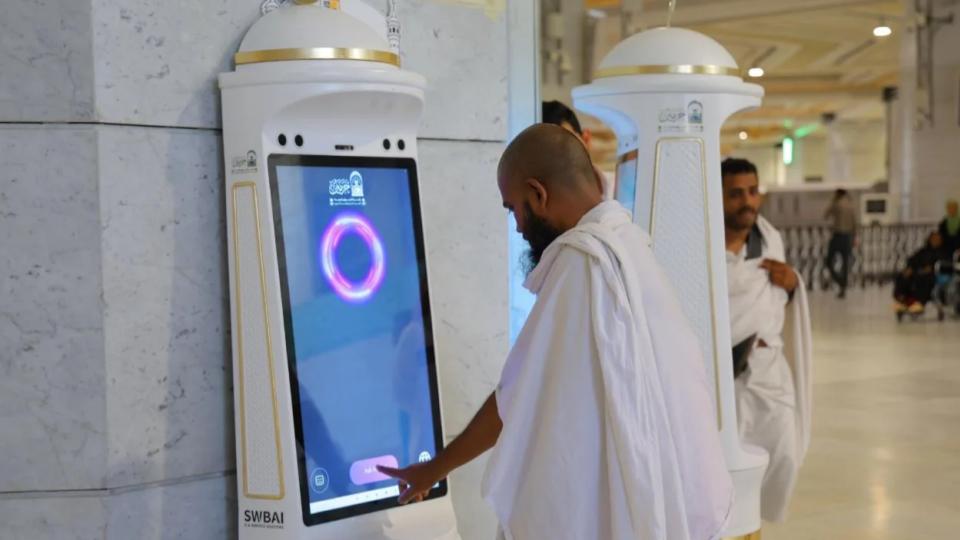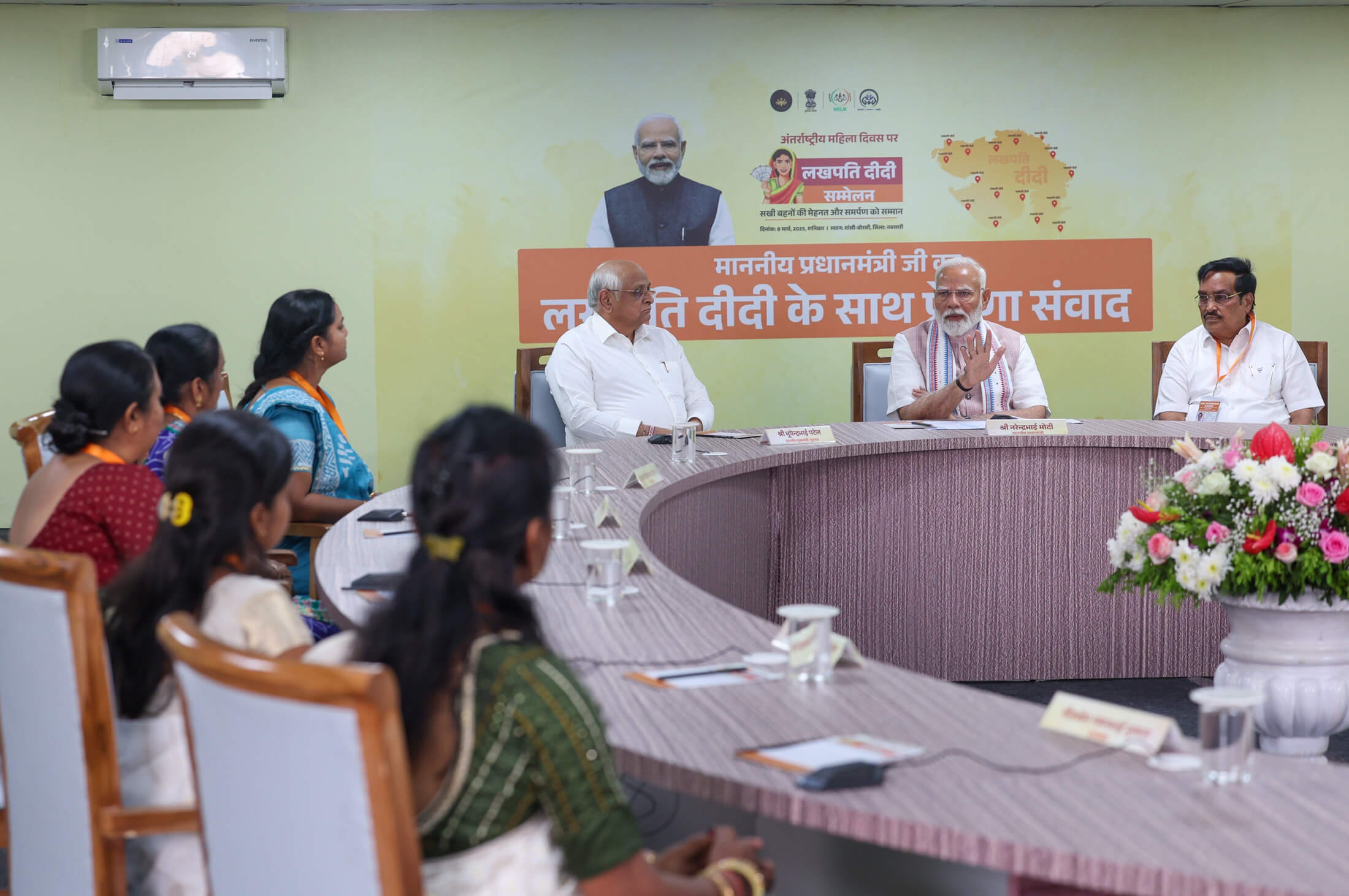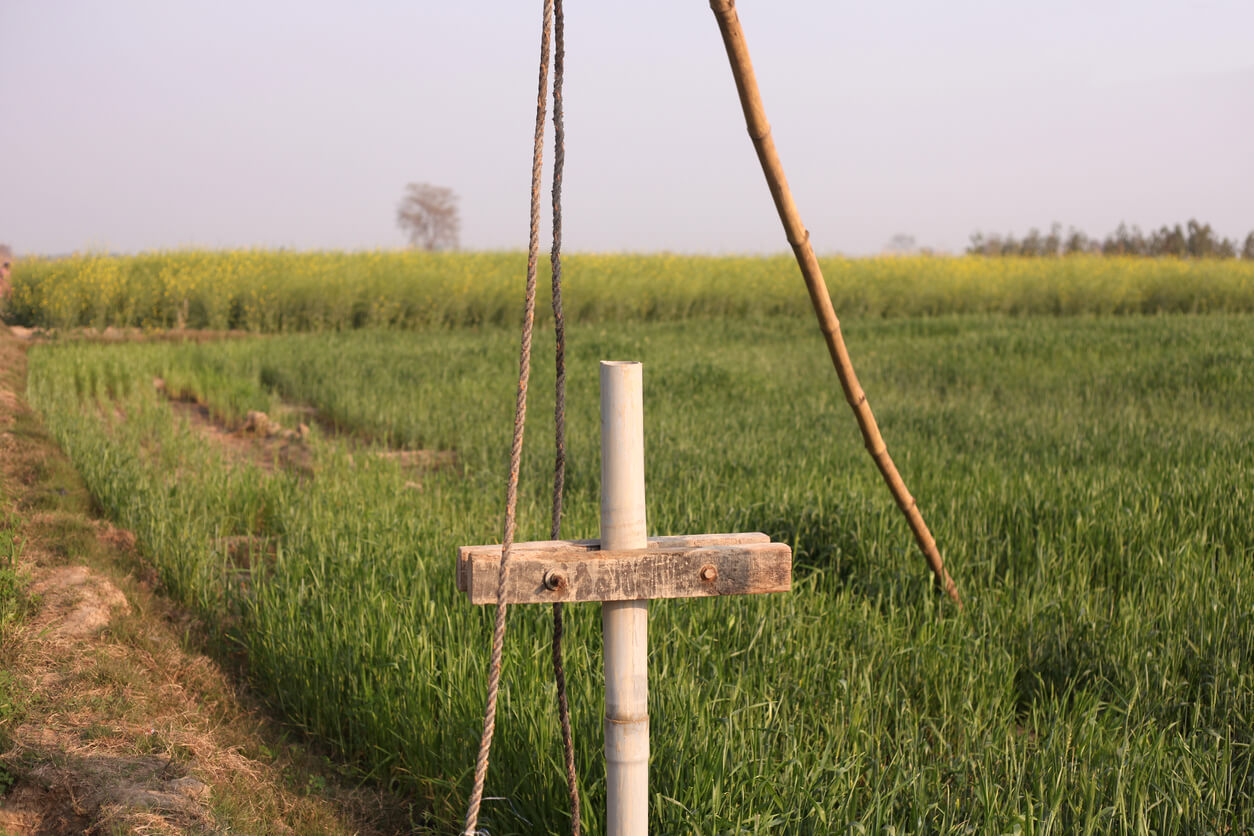Egypt signs agreement to receive 20 million AstraZeneca vaccines
Mon 25 Jan 2021, 13:09:21
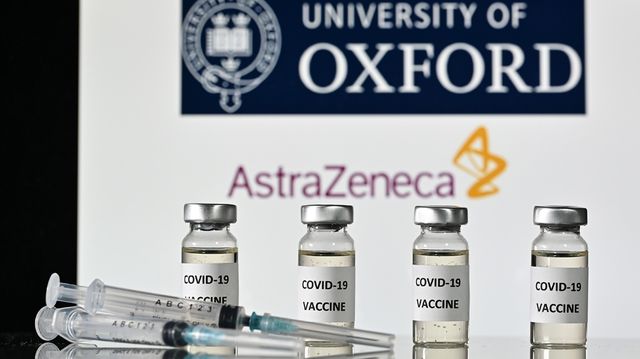
CAIRO: Egypt has officially announced its deal for receiving the AstraZeneca vaccine developed by the UK’s Oxford University to reduce the COVID-19 infection rate.
Bahaa El-Din Zidan, general doctor and chairman of the board of directors of the Egyptian Single Purchase Authority, announced signing a deal with the R-Pharma and Serum Institute to purchase 20 million doses of the AstraZeneca vaccine.
Egypt’s Drug Authority (EDA) had received the papers of the British Oxford-AstraZeneca vaccine in preparation for supplying it to the country to ensure its safe use.
AstraZeneca’s vaccine has proven to be 70 percent effective on average.
Among the most prominent features of the AstraZeneca laboratories and the University of Oxford vaccine is that it is easy to store as it requires a temperature ranging between two and eight degrees Celsius. This is the temperature of regular refrigerators, unlike the Moderna, Biontec and Pfizer vaccines, which can only be stored in the long term at very low temperatures of 20 degrees below zero for the first vaccine and 70 degrees below zero for the second.
Egyptian Health Ministry spokesman, Khalid Mujahid, said that the first shipments of AstraZeneca’s vaccine
were scheduled to arrive next Thursday.
were scheduled to arrive next Thursday.
He said that the Long Live Egypt Fund transferred the amounts owed to the company in preparation for receiving the following shipments of up to 20 million doses.
Mujahid said that a new shipment of the Chinese Sinopharm vaccine would be received by the end of this week, and that the delay in vaccination was to ensure continuity of doses, especially the second dose.
Higher Education and Scientific Research Minister Khaled Abdel Ghaffar said that coronavirus cases in Egypt would continue to rise over January and the first half of February. The number of cases would start to decrease in the second half of February, Abdel Ghaffar said, according to mathematical predictions.
According to his televised statement, the ministry is following the developments of coronavirus cases in a number of countries, such as England, Germany, France, India and Brazil, to compare it with the number of cases in the first wave. This is to prepare the initial guide in order to know the infection curve.
Abdel Ghaffar said that the rate of decrease in COVID-19 cases is currently 10 percent above the level of university hospitals.
No Comments For This Post, Be first to write a Comment.
Most viewed from International
Most viewed from World
AIMIM News
Delhi Assembly polls: Owaisi leads Padyatra in Okhla
Feb 01, 2025
We reject this Waqf Amendment Bill: Asaduddin Owaisi
Jan 30, 2025
Latest Urdu News
Most Viewed
May 26, 2020
Which team will win the ICC Men's Champions Trophy 2025 held in Pakistan/Dubai?
Latest Videos View All
Like Us
Home
About Us
Advertise With Us
All Polls
Epaper Archives
Privacy Policy
Contact Us
Download Etemaad App
© 2025 Etemaad Daily News, All Rights Reserved.



.jpg)
.jpg)
.jpg)




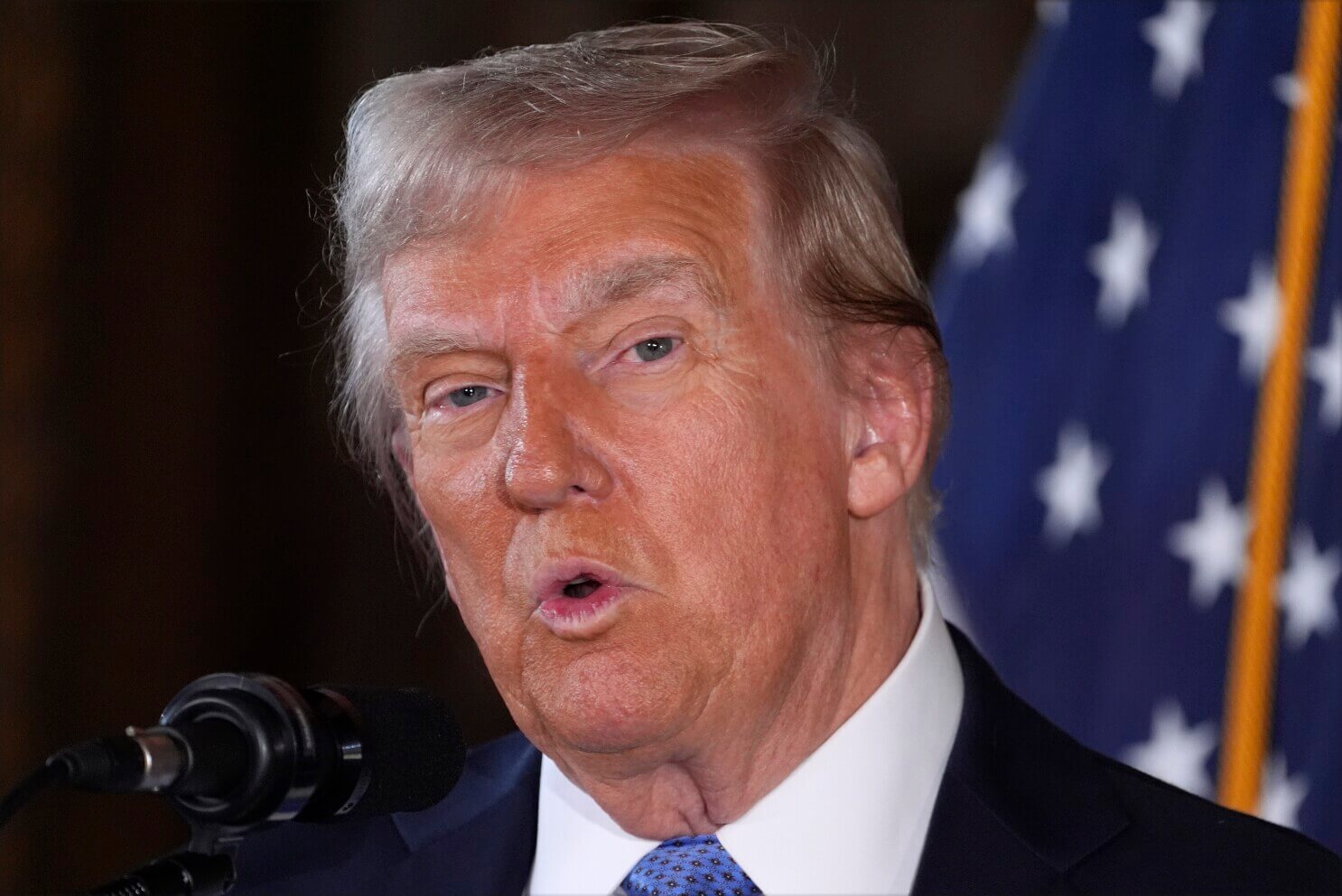
.jpg)
